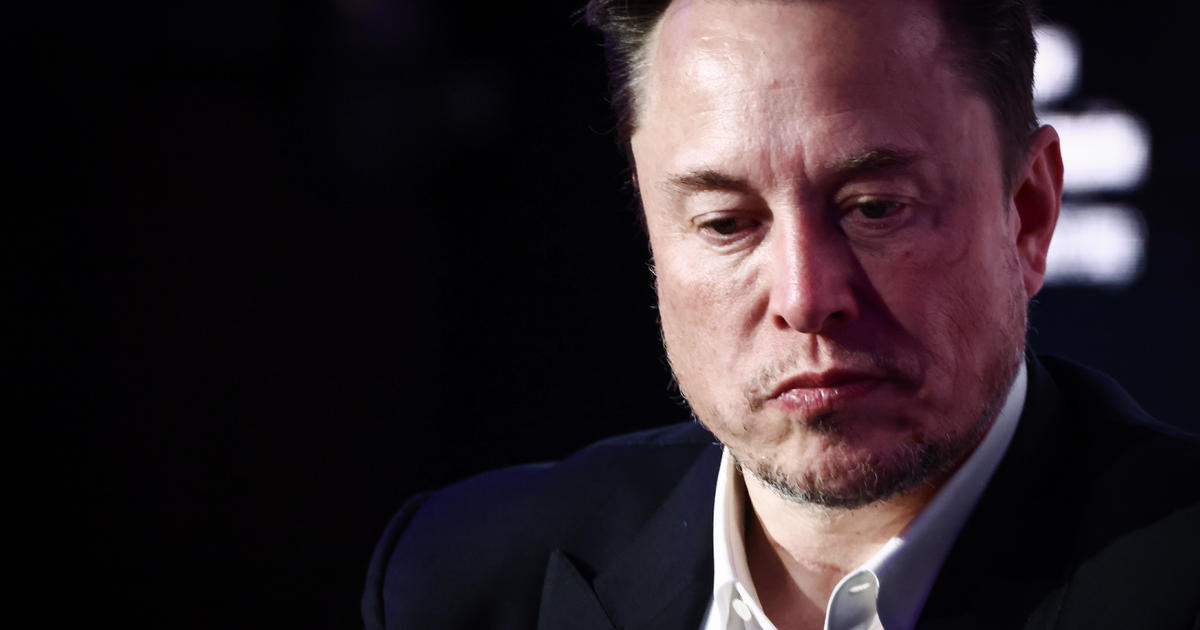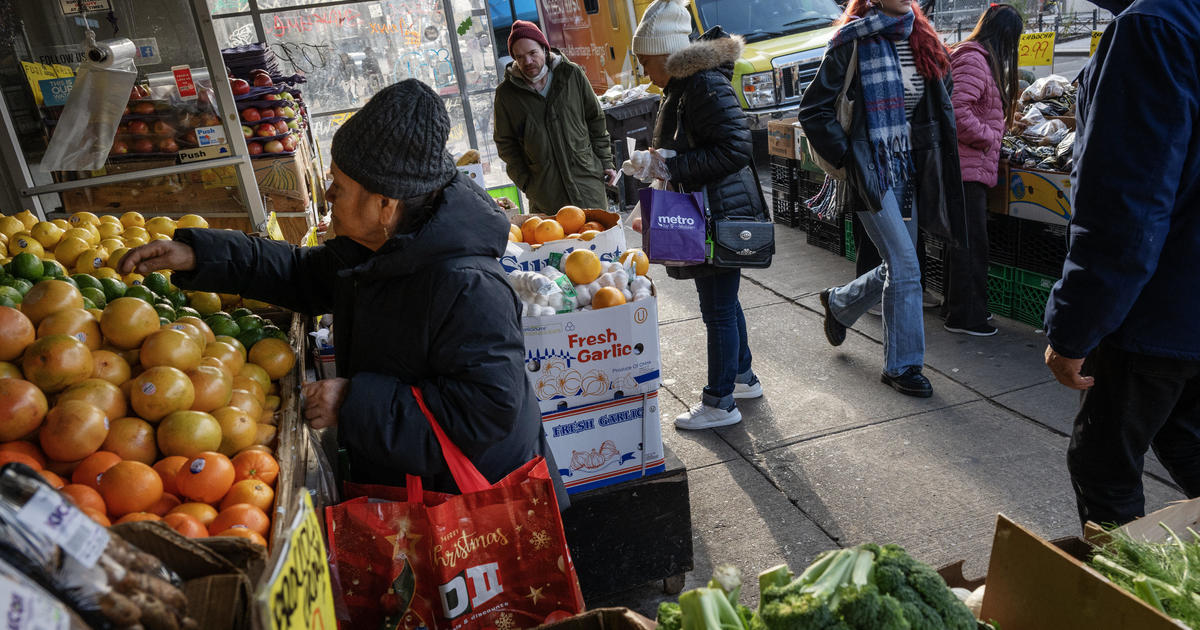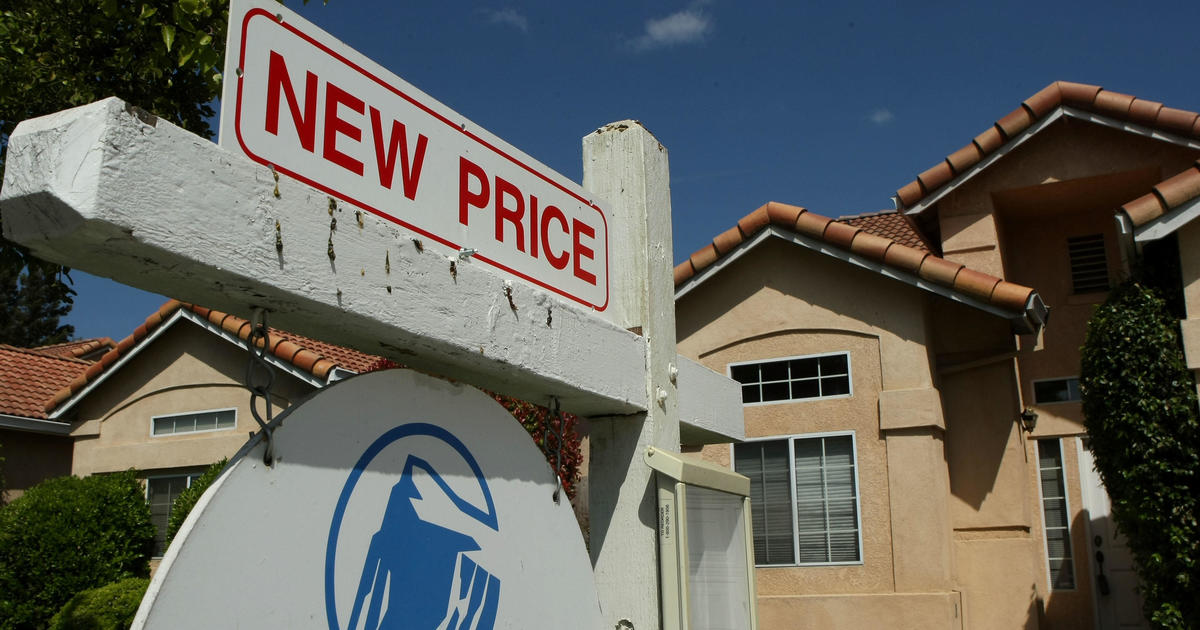For Tesla, bitcoin was a bigger moneymaker last quarter than cars
From the side of the road, Tesla's profit machine in the first quarter appeared to be well oiled.
Tesla's profits hit $438 million in the first three months of the year — the most Elon Musk's electric vehicle manufacturer and solar panel company has ever earned in a single quarter. But a look under the hood at what is powering those profits is leaving investors disappointed.
Nearly a quarter of Tesla's profits, or $101 million, came from selling a portion of the company's stake in bitcoin. Tesla in February disclosed that the company had bought $1.5 billion worth of the digital currency. The car company said it planned to hold onto the bitcoin as part of its risk management strategy, and also to facilitate customer purchases in the cryptocurrency.
But the price of bitcoin has risen about 60% since the beginning of February, which may have prompted Tesla to sell some of its stake. The company also brought in $518 million from selling regulatory emission credits to other car companies. Those sales are almost pure profit for Tesla.
Ryan Brinkman, who follows Tesla for JPMorgan Chase, said in a note to clients on Tuesday that if you strip away the company's gain on both bitcoin and regulatory credit, its core business of selling cars and solar panels actually lost $25 million in the quarter — significantly worse than he and other analysts had expected.
Brinkman called the earnings a "sizeable miss" and said he expected a "negative reaction in Tesla's shares." The analyst has an "underperform" rating on the stock, Wall Street's way of saying "sell."
Tesla shares had dropped $23 by midday on Tuesday to $715. But the stock remains one of the market's best performers, up nearly 350% in the past year.
Influential tech analyst Dan Ives of Wedbush Morgan thinks demand for Tesla's cars remains strong and growing. To that end, he said in a report that one of the company's main challenges is the global chip shortage, which has hindered Tesla's ability to produce cars, as it has that of other car manufacturers.
Indeed, other car manufacturers present an even bigger problem for Tesla. A number of car companies have new electric vehicles coming out in the next year or so, and Tesla is already losing market share internationally. In the U.S., Tesla remains the leader by far, with 80% of all electric car sales last year. But Electrek, a website that covers the electric vehicle market, recently predicted that Tesla's U.S. marketshare could soon drop to 50%.
That's half of a bigger pie, as electric car sales are still growing. But the increase in overall sales may not be enough to make up for the ground Tesla may lose to rivals. Tesla is doing more business in China, but that is locking more and more of its cash overseas. That could be a problem, especially as it dips its toes into volatile bitcoin investing.
Down the road, growing competition in electric vehicles will also make it harder for Tesla to pull profits out of its bag of tricks. With rivals selling more electric cars and more efficient models in general, they will likely soon have to buy fewer emission credits from Tesla. The car company has told investors to expect emission credit sales to go away in the next few years.
Without those credits, Tesla in the first three months of this year would have looked like it was nearly running on empty.



